When his girlfriend felt a lump in his chest, Jason De Ruiter, 38, of Jenison, thought nothing of it. Then, a month later, he realized the lump was still there.
“Had my girlfriend not found it, I wouldn’t have checked myself,” he said. “Guys aren’t taught to look for breast cancer. I could feel it with my fingers, but you couldn’t tell it was there unless you touched it.”
He made an appointment with his primary care doctor and went to Spectrum Health Zeeland Community Hospital for tests.
His mammogram showed a lump, so he got an ultrasound and then needed a biopsy.
“Two days later, the hospital called saying I had cancer,” De Ruiter explained. “Guys don’t get breast cancer. You hear about it, but you always think it won’t be you.”
De Ruiter’s primary care doctor referred him to Thomas Visser, MD, chief of surgery for Spectrum Health Zeeland Community Hospital.
“Typically, you see breast cancer in men who are 60, 70 or 80 years old,” Dr. Visser said. “Breast cancer is also more common in people with obesity and a strong family history. Men should look for a painless lump in the center of their chest and changes in the skin around the nipple. If you feel something new, talk to your primary care provider. Jason was proactive in getting his lump checked out and that was good.”
De Ruiter also had an opportunity to meet with the hospital’s multispecialty cancer team, which brings medical experts together for one focused appointment with patients and their families. The team makes a conclusive diagnosis, discusses treatment options and answers questions.
De Ruiter met with Dr. Visser as well as an oncologist, dietitian, social worker, physical therapist and a nurse navigator.
“It’s a nice way to alleviate questions and shorten the time from diagnosis to treatment,” Dr. Visser said. “Patients understand every step of the process from then on. It’s good for patient care and the family.”
“Until you get cancer yourself, it’s hard to explain what it’s like to be in a room full of people who care,” De Ruiter said. “Every single one of them gave me hope. For as scary a disease as cancer is, they try to help you not freak out… like this is a small blip in the road and they’re going to help you get on with your life.”
According to Dr. Visser, De Ruiter was fortunate.
“His cancer was found at a relatively early stage, the tumor wasn’t all that big and no lymph nodes were involved,” Dr. Visser said.
De Ruiter’s procedures were performed at Zeeland Community Hospital. After surgery, he stayed just one night and then recovered at home. Tests showed his chances of the tumor recurring were relatively low.
“Breast cancer doesn’t run in my family,” De Ruiter said. “I’ll take an estrogen blocker for the next five years and will do genetic testing to learn more. I’ll also get a yearly mammogram.”
De Ruiter adds that his prognosis is good. He has an 11% chance that the cancer will return in the next five years.
“That’s an 89% guarantee, as I see it!” he said. “I got lucky. We caught it early. Most guys don’t.”
He added that the patient’s outlook can be important in the healing process.
“If you have a bad attitude about it, your recovery won’t go as well,” De Ruiter explained. “I made a decision. I don’t want to be a cancer victim. But I’ll always be a cancer patient.”
Marilyn Thompson, RN, De Ruiter’s nurse navigator, agreed.
“Jason did everything right,” she said. “He didn’t ignore it. Kudos to his girlfriend.”
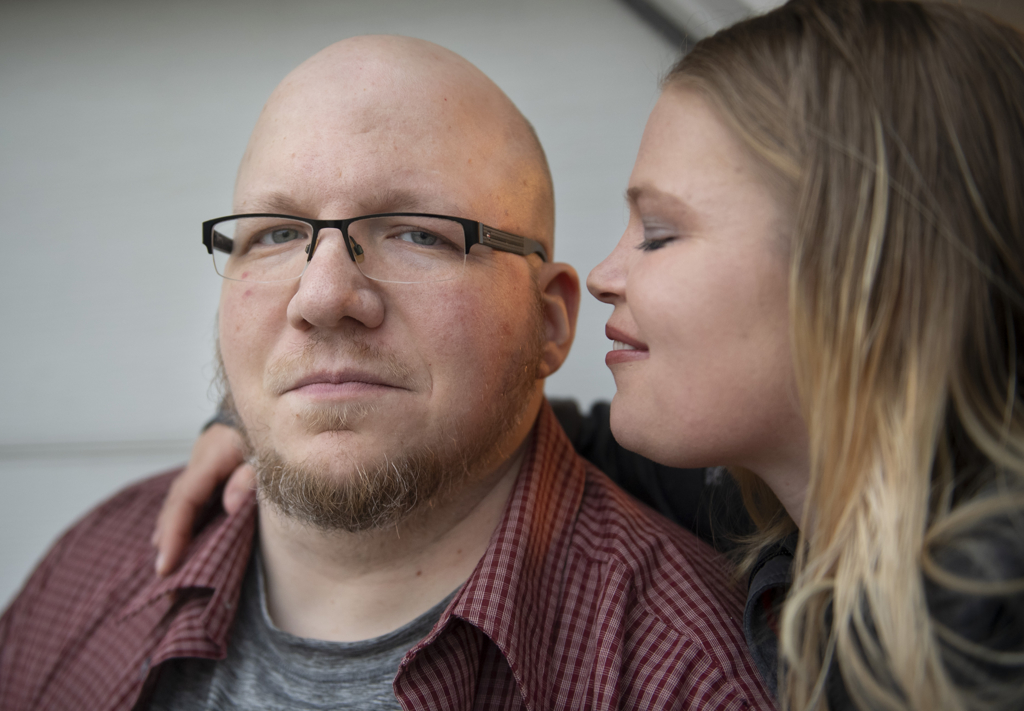
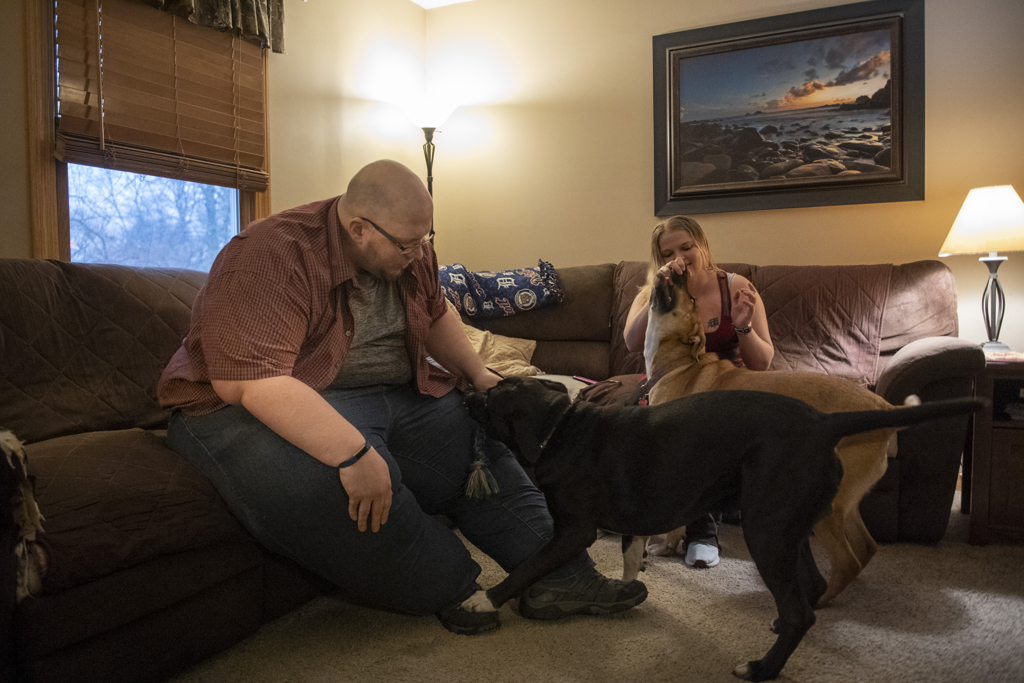
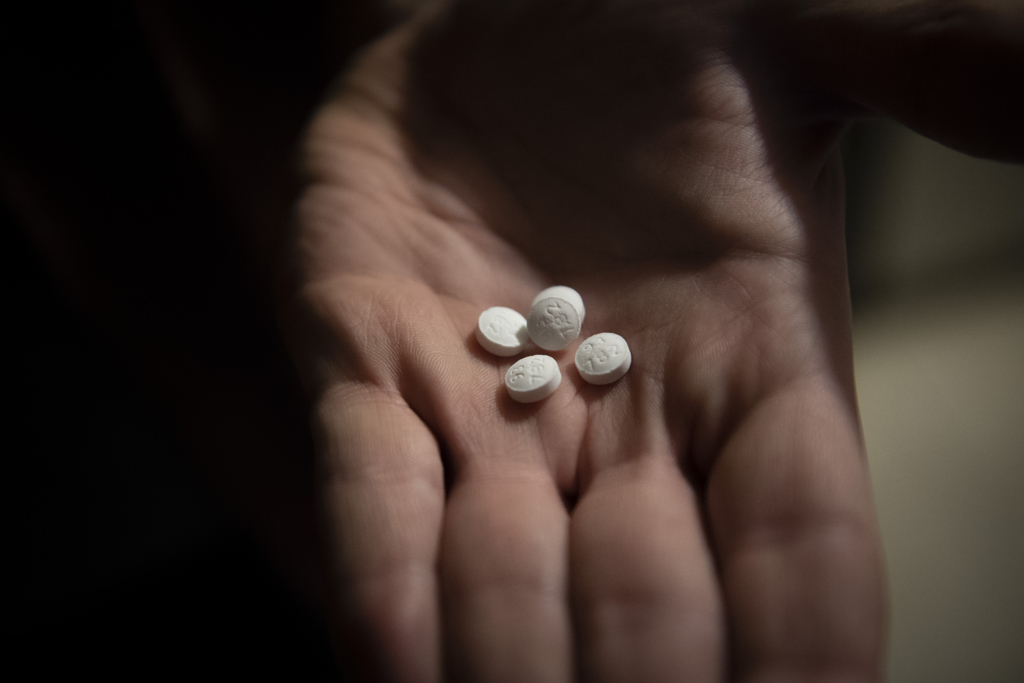
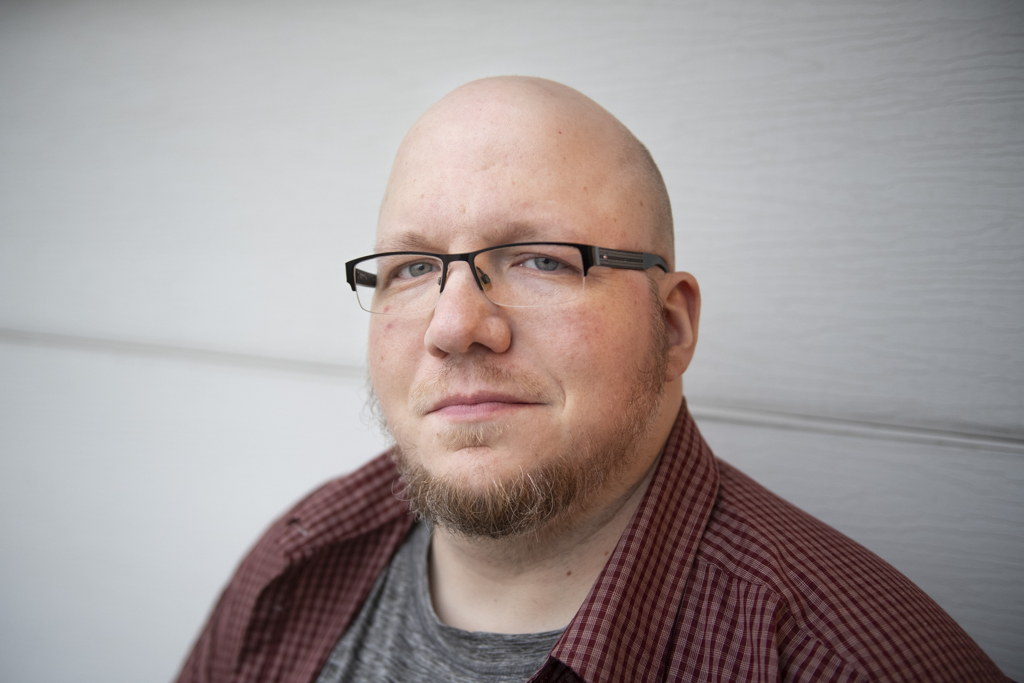
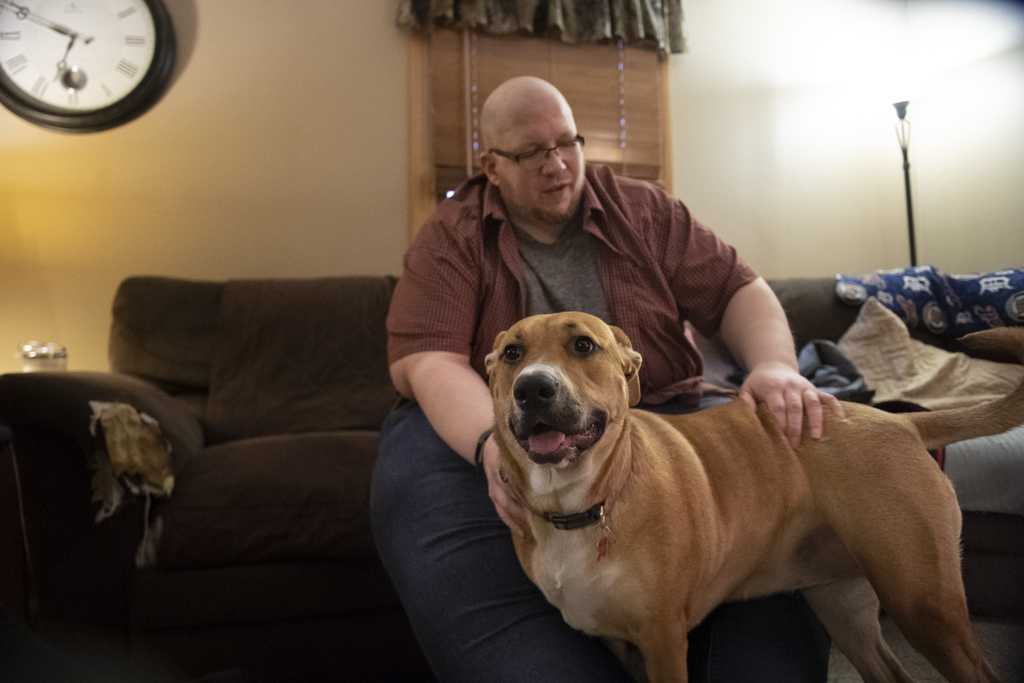
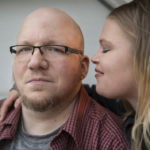
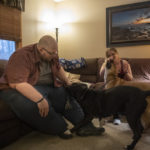


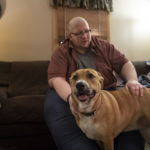
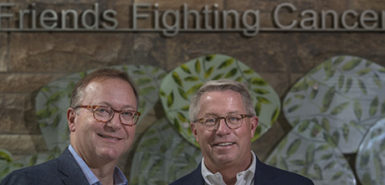 /a>
/a>
 /a>
/a>
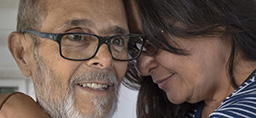 /a>
/a>